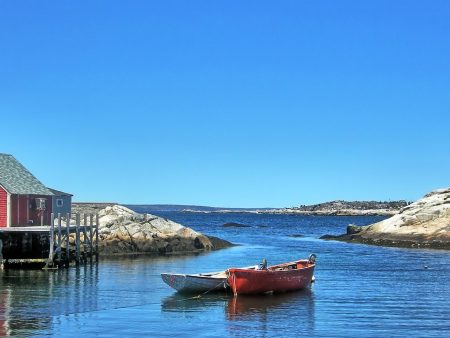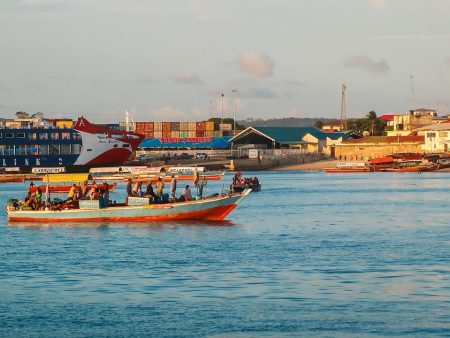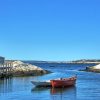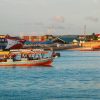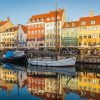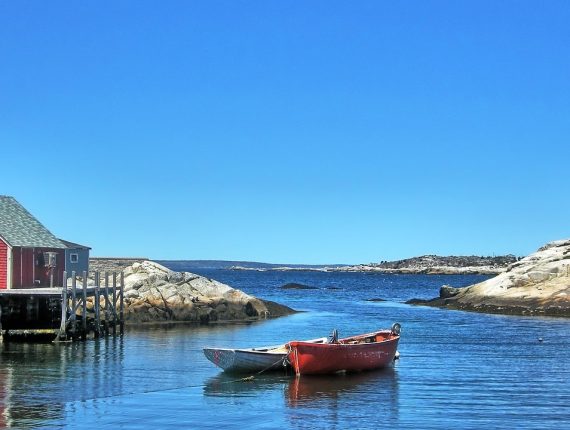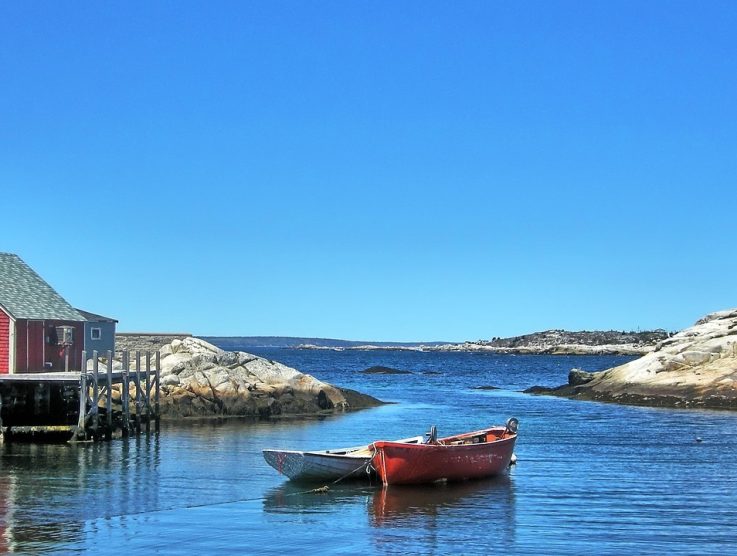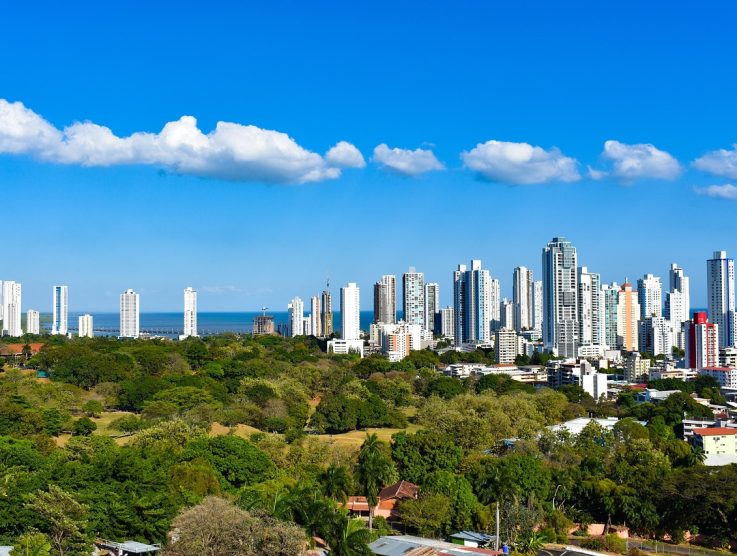Lithuania is one of the fastest-developing countries in Northern Europe and offers a strong balance between affordability, safety, and modern infrastructure. With a population of about 2.8 million people, it is the largest of the three Baltic states. Vilnius, the capital, is known for its historic old town, thriving tech scene, and growing international workforce. Kaunas is a major student city and business hub, while Klaipėda is Lithuania’s main coastal city and port. As a member of both the European Union and the Schengen Area, Lithuania allows easy movement across Europe for residents.
Language and Communication
Lithuanian is the official language and is used in all state institutions, legal documents, healthcare services, and education. It is one of the oldest living Indo-European languages and is known for its complex grammar. English is widely spoken among young people, professionals, and in the business and tech sectors, especially in Vilnius and Kaunas. Russian is still understood by some older residents due to historical reasons.
You can function well in Lithuania using English in professional environments and city life. However, Lithuanian becomes more important when dealing with government services, long-term contracts, or daily life in smaller towns.
Learning Lithuanian Before Arrival
Lithuanian is not easy for beginners, but learning basic greetings, directions, numbers, and shopping phrases goes a long way. Locals appreciate the effort, and it helps with social acceptance.
Language apps such as Duolingo, Memrise, Mondly, and Pimsleur offer beginner Lithuanian courses. Universities, private language schools, and municipal programs also offer in-person lessons for foreigners.
Visa, Residency, and Legal Requirements
EU citizens can live and work in Lithuania without a visa. Non-EU citizens require a temporary residence permit for work, studies, business, or family reunification. Work permits are usually issued through employer sponsorship. Students must be enrolled in an accredited institution.
After arrival, all residents must register with local authorities and obtain a personal identification code, which is required for taxes, healthcare, employment, and banking.
Employment Market and Business Environment
Lithuania has a fast-growing economy with strong demand in IT, fintech, engineering, customer support, logistics, manufacturing, and digital marketing. Many international companies have established offices in Vilnius and Kaunas.
Work culture is professional, punctual, and increasingly flexible. Hybrid and remote work are common in the tech sector. English is widely used in multinational workplaces, though Lithuanian improves long-term career opportunities.
Cost of Living, Housing, and Utilities
Lithuania offers one of the most affordable costs of living in the EU. Rent, groceries, transport, and utilities are significantly cheaper than in Western Europe. Vilnius is the most expensive city, while Kaunas and smaller towns are more affordable.
Renting an apartment usually requires one to two months’ rent as a deposit. Public transport is inexpensive and reliable. Healthcare is accessible through the public system, while private clinics are affordable.
Daily Life, Culture, and Safety
Lithuanian society is calm, orderly, and family-oriented. People may appear reserved at first but form deep friendships once relationships develop. Outdoor activities, nature walks, sauna culture, and seasonal festivals play an important role in daily life.
Winters are long and cold, while summers are mild and green. Lithuania is very safe, with low crime and efficient public services.
Final Preparation Tips
Prepare for cold winters with proper clothing, secure housing before arrival if possible, sort residence paperwork early, and budget for deposits and registration fees.
Conclusion
Lithuania combines low living costs, digital innovation, European mobility, and growing job opportunities. For professionals, students, and remote workers seeking affordability with modern infrastructure, Lithuania offers excellent long-term potential.
